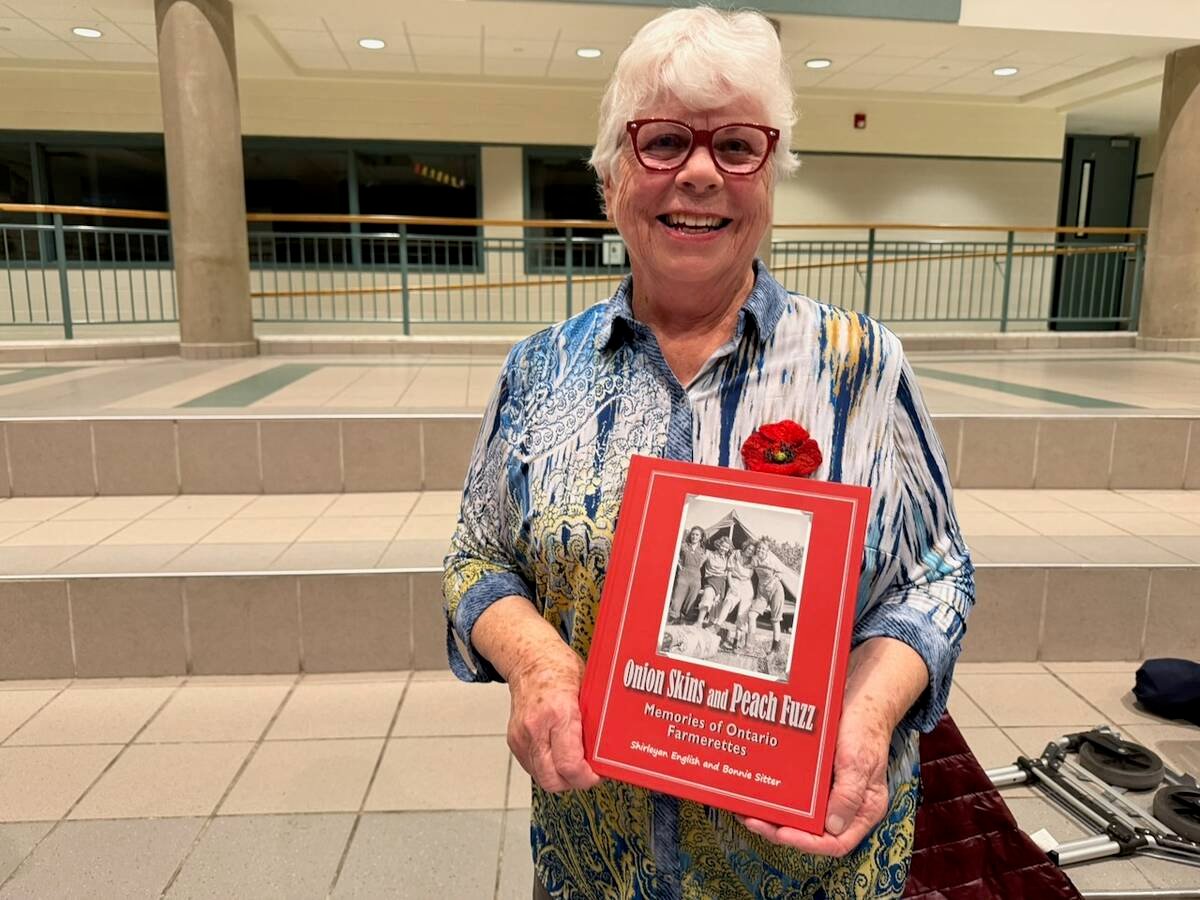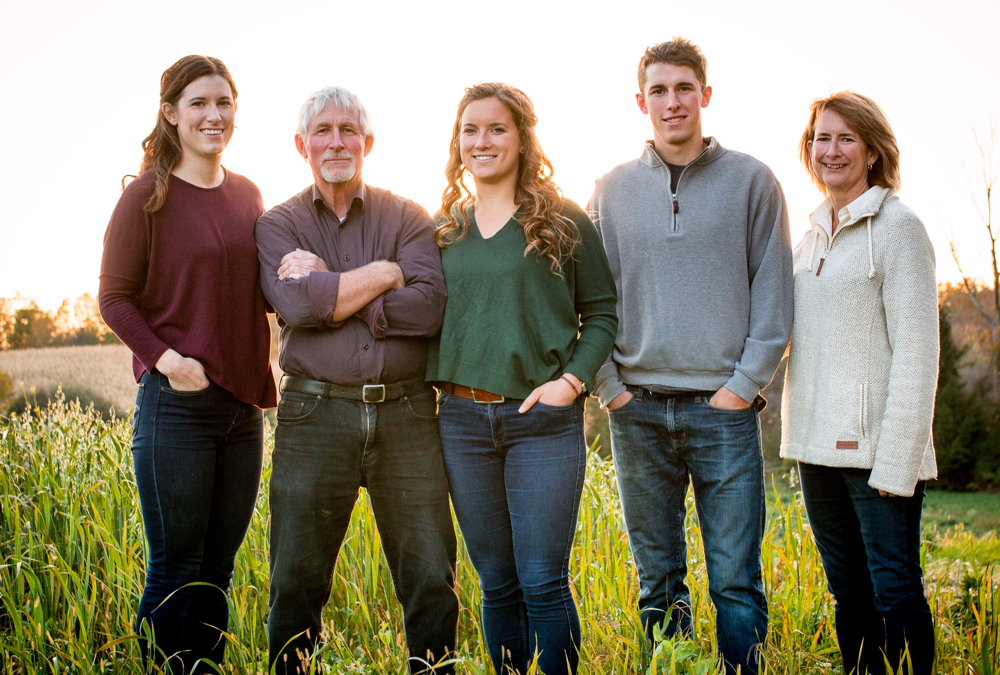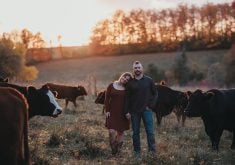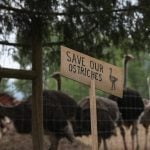Developing a succession plan is often a long and complicated process and for younger people just returning to the family farm, it may not be the first priority.
Finding, or rediscovering, their place on the farm is more likely to be top of mind for many of them.
For those farmers, determining their roles and how they can fit into the farm’s business framework can be an important early step toward establishing a specific succession strategy.
Why it matters: Every farm has its own succession planning timing to sort out. Some young people find there’s value in figuring out how they can contribute to the business first.
“My plan is to pay off my student debt, and then we can sit down and discuss next steps,” says Charlotte Huitema, a farmer from Haldimand County and graduate from the University of Guelph, Ridgetown.
For Huitema, figuring out how to reintegrate into her family’s laying hen and hog farm on a full-time basis started when she was still attending school.

She and her parents began identifying what day-to-day responsibilities she would assume. This, she says, was particularly necessary during her last year in Ridgetown because the roles and general routines of her parents were also changing amid the construction of a new enriched-housing layer barn.
Now, Huitema’s tasks generally involve monitoring hen health, recording keeping, and other maintenance and cleaning necessaries within the enriched barn.
“The new barn had some changes from the other barn such as new technologies, and overall it’s something we all had to adjust to,” she says. “When the hens arrived it was a hectic time, but as they progressed we would learn day to day what worked well and what didn’t. I gradually did more tasks and management.”
Huitema adds that, while she has yet to fully broach the subject of succession in conversation with both friends and family, she does recognize the importance. Indeed, she reiterates that succession, and the fact that successful planning can take years, was a topic often covered throughout her undergraduate tenure.

For some, succession discussions come after one establishes themselves as an economically successful member of the team.
Andrew Pate, a recent University of Guelph ag-business graduate, says moving back to his family’s Brantford-area horticulture farm involved navigating the needs of multiple family members, including both parents, an older sister who remains active in the business, as well as another sister who works elsewhere in agriculture but also lives on the farm.
Despite working at the home farm on weekends throughout his post-secondary years, Pate says they never really discussed what his role would be until after he graduated in 2017.
Overall, too, he thinks his family is somewhat “behind on the succession discussion.” This is partly because the details of a succession plan between partners in the previous generation, have only recently been worked out.
As Pate and his siblings start to show an interest in settling down and buying homes at the farm, he thinks the need to begin new succession discussions are simultaneously more pressing but not immediately practical.

However, his family’s focus on direct marketing and agri-tourism have afforded some advantages when it comes to defining roles.
Pate’s family sells produce through an on-farm store and farmers’ markets. They also host on-farm events and tours for schools and other groups throughout the year. This, says Pate, leaves a lot of room for creativity when it comes to building the business and pursuing new opportunities. A general openness to new business ideas, as well as a willingness to discuss those ideas, help make that creativity pay.
“It’s very different from milking cows. The goal isn’t just to split the income. It’s almost your responsibility to pay yourself,” Pate says. “We’re pretty good at communicating I find.”
Read Also

Women who fed a nation
More than 40,000 young women supported the war effort between the 1940s and early 1950s, helping grow and harvest crops amid labour shortages. They were called Farmerettes.
Pate also says part of their goal for 2019 involves holding weekly meetings to address business issues and opportunities, ranging from daily operations to more philosophical ventures such as developing a mission statement, the latter having been accomplished earlier in January. He adds such discussions might eventually make approaching the subject of succession a little easier.














